There’s lots of fun to be had during the holidays, but there are also quite a few hazards for your pet. Here are three safety tips to keep your pet(s) jolly this season:
- Safely store fatty foods, chocolate and other sweets. Chocolate, raisins, grapes, onions, currants, macadamia nuts, walnuts and any foods sweetened with Xylitol (baked goods, sugar-free candy and chewing gum) are all on the naughty list for pets. Turkey wishbones and foods high in fat and calories like mashed potatoes, gravy or desserts can cause an upset stomach with vomiting and diarrhea or a more serious condition like pancreatitis. The darker the chocolate, the higher the concentrations of caffeine and theobromine, two substances that are extremely toxic to pets. Store these foods and sweets in closed containers out of your pet’s reach and keep alcoholic beverages high and away from nosy muzzles.
- Place holiday plants, decorations and electrical cords out of reach. Common holiday plants like poinsettias, mistletoe, lilies, amaryllis, and holly and decorative items such as balsam, pine and cedar may be poisonous when chewed or eaten. Tinsel can cause intestinal blockage, chewed lights can shock pets and sharp ornaments can easily injure anyone, man or beast. Consider tying your tree to a stationary object with fishing line to keep it from tipping if one of your four-legged friends decides to jump onto or into it. Christmas tree water additives can also be hazardous so don’t add aspirin, sugar or anything else to the water reservoir of your tree stand. Shiny, sparkly wrapping paper, ribbon and bows look like fun pet toys so clean up as soon as gifts are opened.
- Provide a pet sanctuary during times of merriment. Although this year’s holiday celebration may be smaller and more subdued than previously, any disruption to your pet’s routine can be troublesome. Select a room where Fido or Fluffy won’t be exposed to holiday comings and goings and provide food, water and toys to distract them. Play classical or reggae music at a volume that will block noise but not overwhelm their sensitive hearing. Microchipping your pet will improve the chance s/he is found if they do escape through an open door.
One of the most important things you can do to ensure your pet’s safety is to know the location and phone number of the 24/7 emergency veterinary clinic closest to you. If you have a question about foods, plants or other items that may be toxic to pets, the ASPCA Poison Control website has the answers at https://www.aspca.org/pet-care/animal-poison-control.
